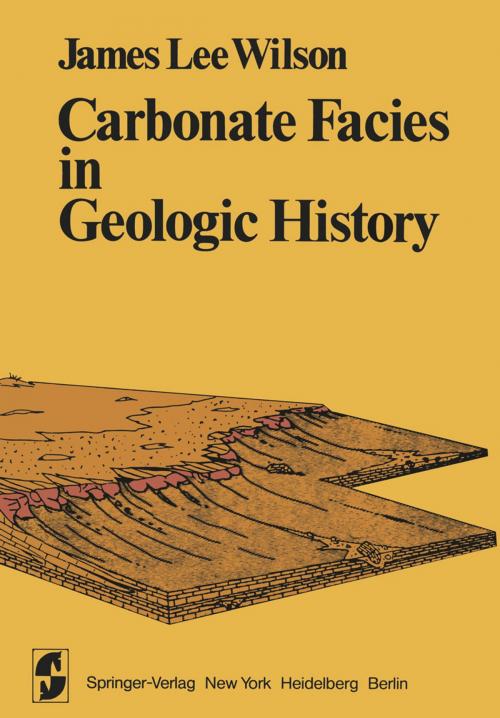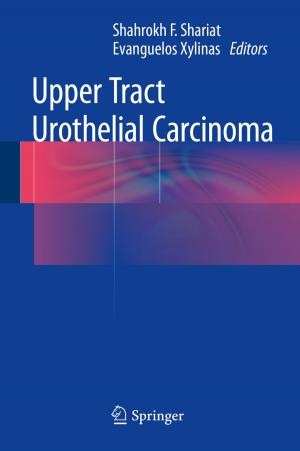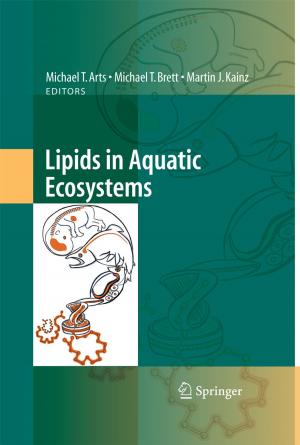| Author: | J.L. Wilson | ISBN: | 9781461263838 |
| Publisher: | Springer New York | Publication: | December 6, 2012 |
| Imprint: | Springer | Language: | English |
| Author: | J.L. Wilson |
| ISBN: | 9781461263838 |
| Publisher: | Springer New York |
| Publication: | December 6, 2012 |
| Imprint: | Springer |
| Language: | English |
Since 1950 geologists have learned more about the origin and lithification of carbonate sediments than in all the previous years of the history of science. This is true in all the diverse fields of carbonate geology: the study of Recent environments, marine zoology and botany, organic geochemistry, trace element and isotope geochemistry, mineralogy, microfacies of depositional environments, and trace-fossil and sedimentary structure investigation. A synthesis of this new knowledge is just beginning to be formulated. The purpose of this volume is to introduce the advanced student and petroleum explorationist principally to one important aspect of this study: to some of the principles of carbonate geology which may serve to interpret the depositional environments of ancient strata and to better define their sequences and patterns. Chapter I is a brief review of principles of carbonate sedimentation. (For a full discussion of the mineralogy, geochemistry, and diagenesis of carbonates along with a review of Holocene sediments, one may refer to Bathurst's (1971) and Milliman's (1974) texts.) Chapter II reviews stratigraphic and paleotectonic concepts and discusses a general model for carbonate deposition. Chapter III offers an outline of carbonate petrography, concentrating on lithologic descrip tion for the purposes of environmental interpretation. For a further review of this subject and excellent photomicrographs, Horowitz and Potter (1971) and Majewske (1969) may be used.
Since 1950 geologists have learned more about the origin and lithification of carbonate sediments than in all the previous years of the history of science. This is true in all the diverse fields of carbonate geology: the study of Recent environments, marine zoology and botany, organic geochemistry, trace element and isotope geochemistry, mineralogy, microfacies of depositional environments, and trace-fossil and sedimentary structure investigation. A synthesis of this new knowledge is just beginning to be formulated. The purpose of this volume is to introduce the advanced student and petroleum explorationist principally to one important aspect of this study: to some of the principles of carbonate geology which may serve to interpret the depositional environments of ancient strata and to better define their sequences and patterns. Chapter I is a brief review of principles of carbonate sedimentation. (For a full discussion of the mineralogy, geochemistry, and diagenesis of carbonates along with a review of Holocene sediments, one may refer to Bathurst's (1971) and Milliman's (1974) texts.) Chapter II reviews stratigraphic and paleotectonic concepts and discusses a general model for carbonate deposition. Chapter III offers an outline of carbonate petrography, concentrating on lithologic descrip tion for the purposes of environmental interpretation. For a further review of this subject and excellent photomicrographs, Horowitz and Potter (1971) and Majewske (1969) may be used.















